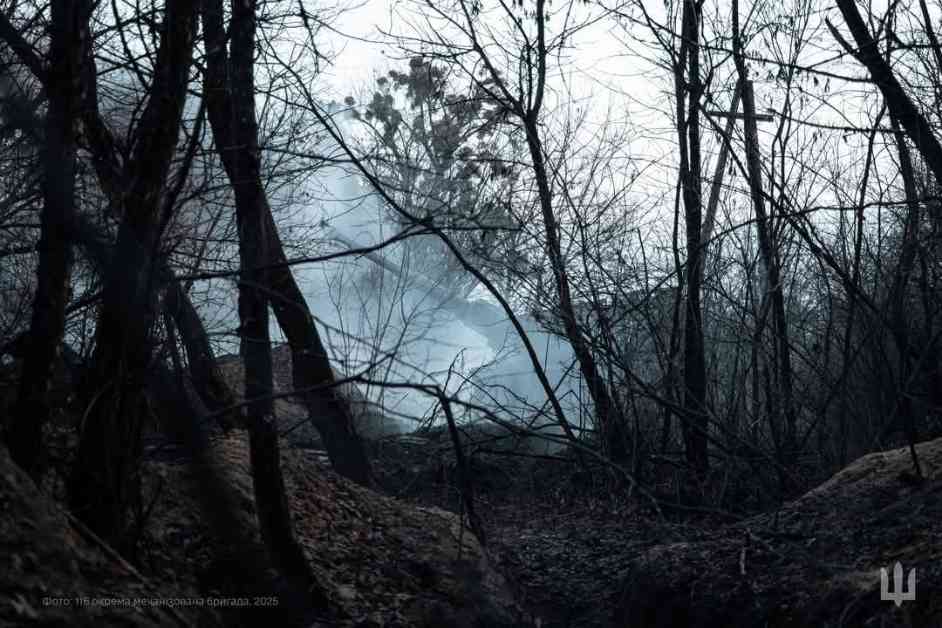Escalating Tensions: Slovakia’s Planned Moscow Visit Amid Russo-Ukrainian War Outrage
Slovakia’s decision to send a parliamentary delegation to Moscow amidst the ongoing Russo-Ukrainian war has sparked outrage and controversy. The visit, scheduled for later this month, comes at a critical juncture in the conflict, with tensions running high and the international community closely monitoring developments in the region. The move has drawn sharp criticism from Ukraine, which has condemned the visit as a betrayal of solidarity and support in the face of Russian aggression.
Political Backlash and Diplomatic Fallout
The Slovak parliamentary delegation’s planned visit to Moscow has raised concerns about the message it sends to Russia and the impact it may have on broader efforts to address the conflict in Ukraine. Ukrainian officials have expressed dismay over what they perceive as a lack of solidarity from Slovakia, a fellow European Union member, in standing up to Russian aggression. The visit has also strained relations between Slovakia and Ukraine, with the Ukrainian government issuing a formal protest against the decision.
Public Outcry and International Response
The Slovak head of the delegation has defended the visit as an opportunity to engage in diplomatic dialogue and foster communication with Russian counterparts. However, critics argue that the timing of the visit, amid escalating violence and humanitarian crises in Ukraine, sends the wrong message and undermines efforts to hold Russia accountable for its actions. The international community, including the European Union and the United States, has expressed concerns about the visit and its potential impact on ongoing diplomatic efforts to resolve the conflict.
Call for Unity and Solidarity
As the situation in Ukraine continues to deteriorate, it is crucial for the international community to stand united in support of Ukraine and against Russian aggression. The Slovak parliamentary delegation’s visit to Moscow highlights the complex dynamics at play in the region and the challenges of navigating diplomatic relations in the midst of a conflict. Moving forward, it is essential for all parties involved to prioritize peace, dialogue, and cooperation in order to achieve a lasting resolution to the crisis.
In conclusion, the planned visit of the Slovak parliamentary delegation to Moscow underscores the delicate balance of diplomacy and the need for unity in addressing the ongoing conflict in Ukraine. As the international community grapples with the complexities of the situation, it is imperative to remain vigilant, engaged, and committed to finding a peaceful resolution to the crisis. Let us continue to support Ukraine and uphold the values of peace, democracy, and sovereignty in the face of adversity.

















